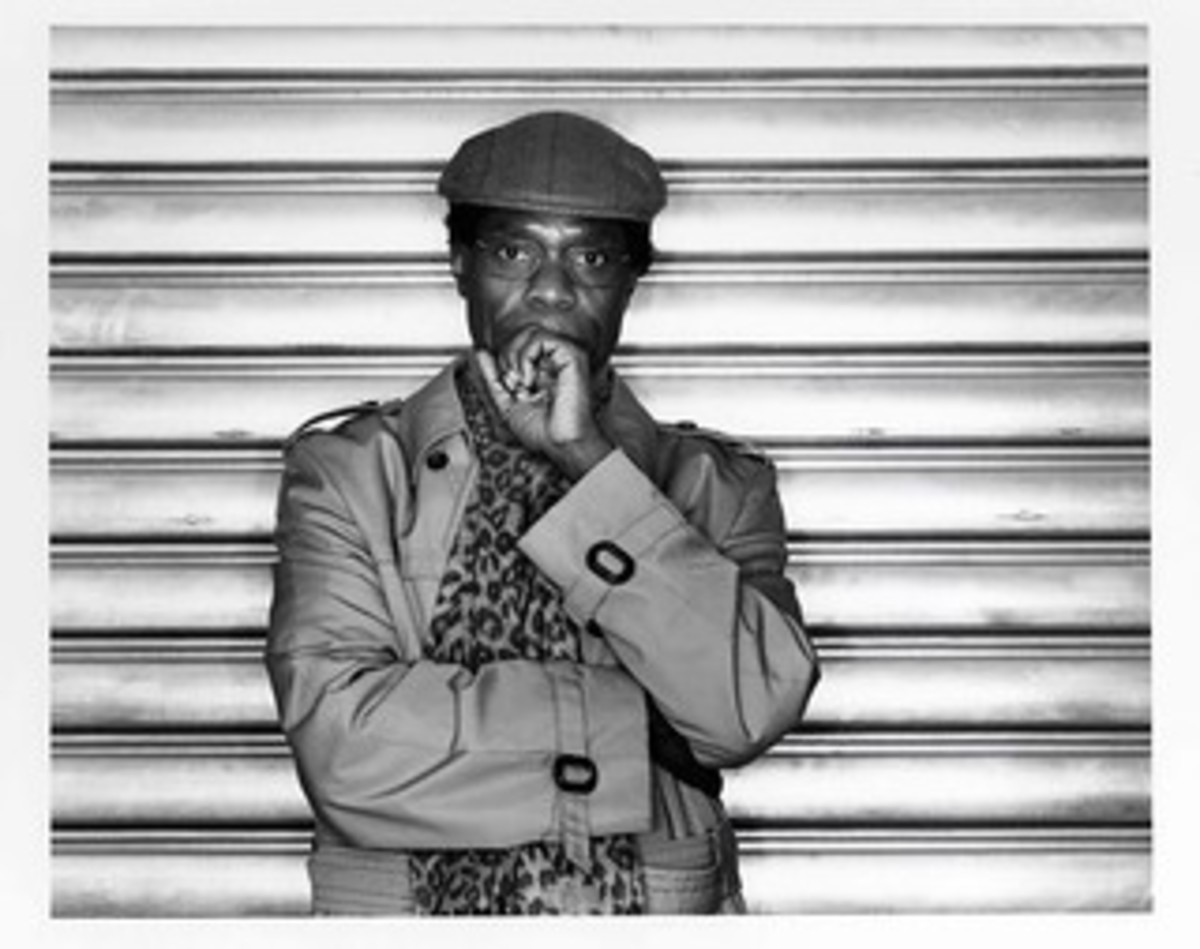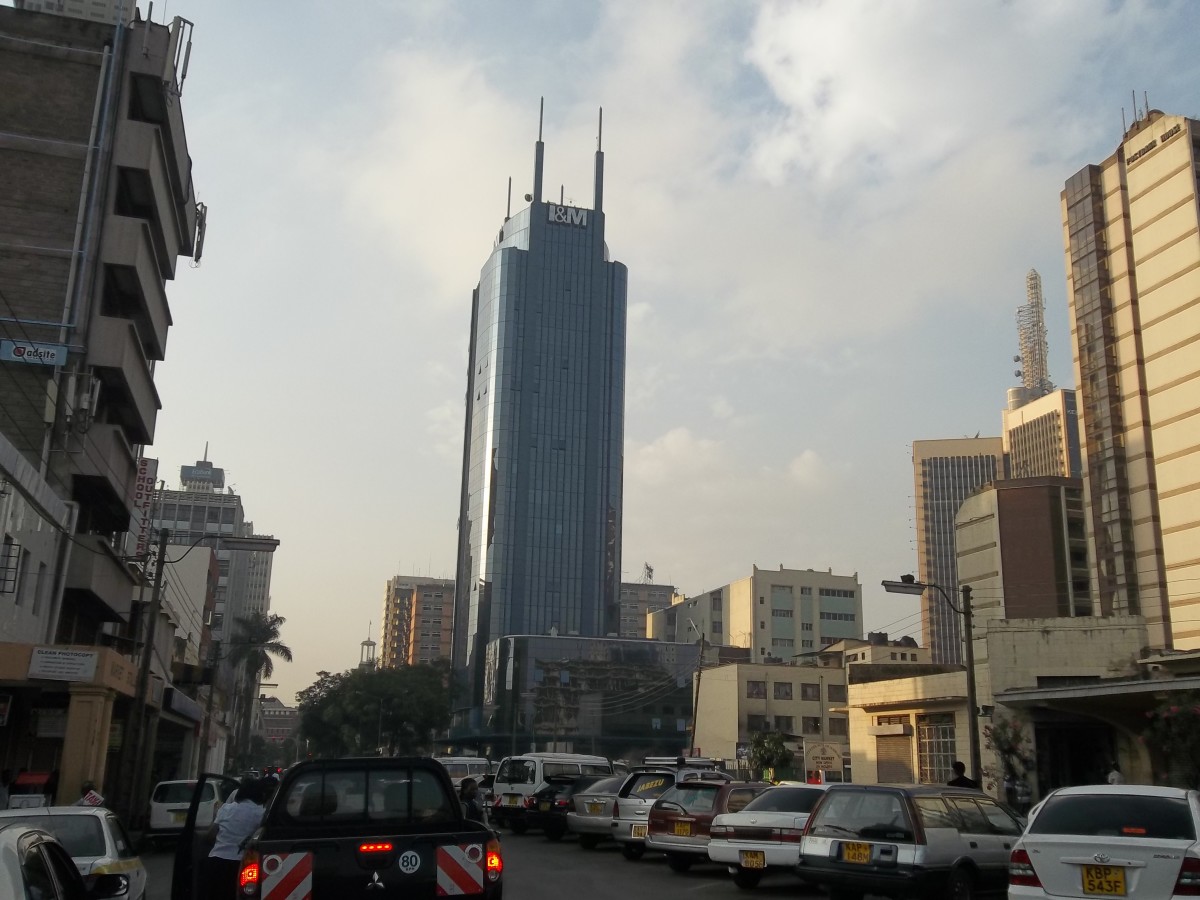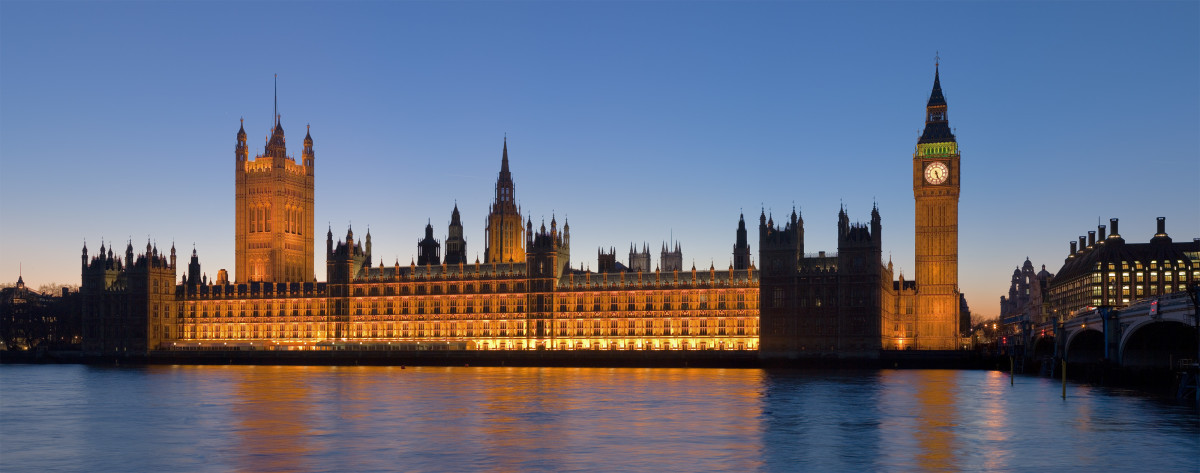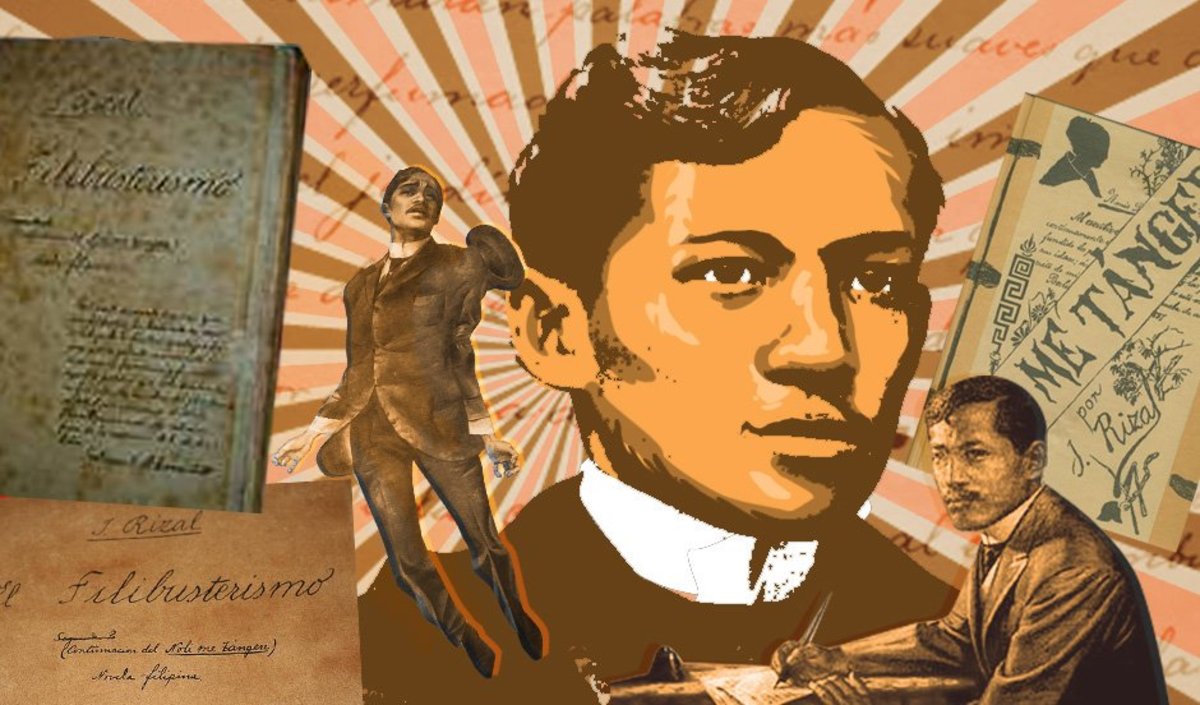Bruce Roy Mckenzie-Politician Who Bridged the Gap Between Pre-Colonial and Colonial Kenya
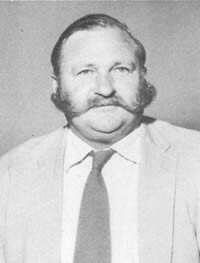
Bruce Roy McKenzie was a Kenyan politician of South African origin who rose to prominence during the colonial period. He was born in South Africa in 1919 and later moved to Kenya where he became a farmer and businessman.
When Kenya was still under British rule, McKenzie joined politics and quickly became involved in government affairs. He was well connected with both colonial officials and African leaders, which made him an important figure during the transition to independence.
When Kenya gained independence in 1963, President Jomo Kenyatta faced a delicate task of uniting a divided country. Most settlers had been part of the colonial system, while Africans were pushing for full control of their new nation. Kenyatta chose to retain McKenzie in his first cabinet to reassure the white settler community that they still had a place in independent Kenya. This move was also meant to show the international community that Kenya would be a stable, inclusive country that respected all races.
McKenzie served in different ministerial portfolios, including Minister of Agriculture and Minister of Lands and Settlement. His biggest contribution came in the area of land transfer after independence. He played a major role in implementing the “willing seller, willing buyer” policy where land owned by departing European settlers was purchased and given to landless Africans. Though the system had many challenges, it helped avoid widespread land conflict in the early years of independence. He also helped in modernizing farming practices and promoting Kenya as a leading agricultural nation.
However, McKenzie also had failures. Many criticized the land resettlement program for being too slow and for benefiting the elite rather than ordinary peasants. Some settlers also accused him of betraying their interests by siding too much with Kenyatta’s government. On the other side, some Africans viewed him with suspicion because he was not a native Kenyan and still seemed tied to colonial ways. This made his position politically precarious.
McKenzie eventually left active politics in the early 1970s. By then, more Africans had taken over key government positions, and the role of white politicians in cabinet became less necessary. Even so, McKenzie remained close to Kenyatta and was often consulted on matters agriculture and land.
His death in 1978 was sudden and dramatic. He died in a mysterious plane crash near Ngong Hills. Over the years, reports have suggested that his death may have been an assassination linked to international intelligence activities, though the truth has never been fully confirmed.
McKenzie is still remembered as a complex figure, a settler who bridged the gap between colonial and independent Kenya. A minister who helped steer land reform, but also a man surrounded by controversy and mystery until his death.

